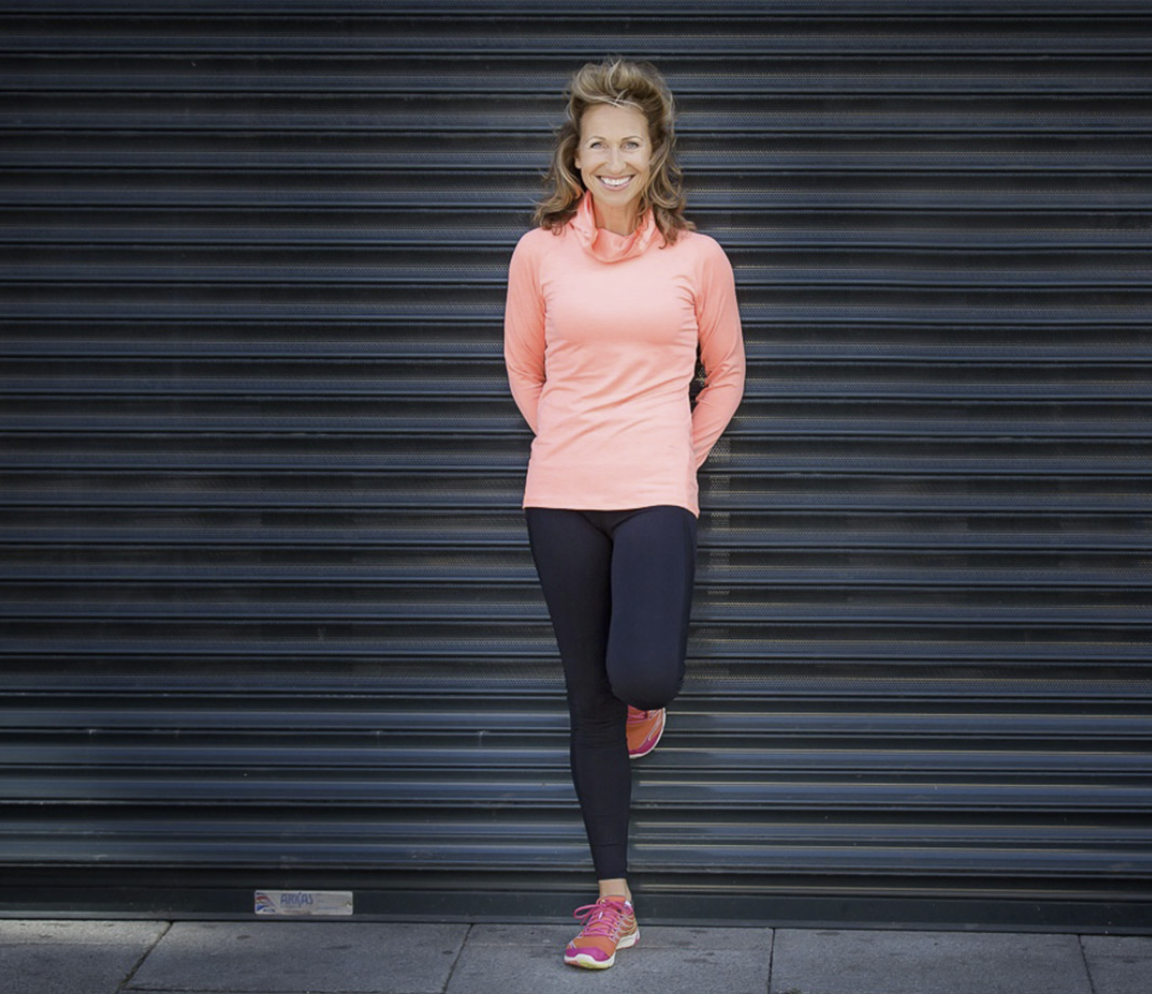
Made a new year's resolution to lose weight? You might be tempted to jump into a punishing exercise regime and super low-calorie diet, but this approach is unlikely to be sustainable. Instead, it's better to focus on building healthy eating habits and finding ways to increase your daily energy expenditure.
Dietitians and trainers often recommend walking as a weight loss tool. It's an accessible, low-impact exercise that can help you increase your calorie burn. If you're new to exercise, it will also boost your cardio fitness, so that your body is better prepared for faster-paced exercise.
To help you get started, sports scientist and founder of popular walking app WalkActive Joanna Hall has created this four-week plan. It has different recommendations for beginners and advanced walkers, so you can tailor it to your current fitness levels.

Joanna Hall is a walking, fitness and wellbeing expert. She holds a master's degrees in sports science from Loughborough University, and was a sports medicine intern at Virginia Mason Sports Medicine Clinic in Seattle.
Beginner
There's a lot of debate on how long you should be walking every day, but a 2016 study in the Journal of Physical Activity and Health suggested that adults who take 7,500 daily steps have a lower chance of being obese. Hall says this is a good number to start with.
“A typical week might include a daily step count of 7500 with four fast-paced walking sessions on top. These session can start at 10 minutes—the key is consistency and gradually increasing intensity.”
She suggests that beginners try the following regime:
Week 1: 7500 daily steps, plus 4 x 10 minutes walks at a brisk pace
Start your week with achievable workout ideas, health tips and wellbeing advice in your inbox.
Week 2: 7500 daily steps, plus 4 x 12 minutes walks at a brisk pace
Week 3: 7500 daily steps, plus 4 x 15 minutes walks at a brisk pace
Week 4: 7500 daily steps, plus 4 x 18 minutes walks at a brisk pace
Advanced
If you are a regular walker, you can still use walking to lose weight. Hall suggests focusing on your technique and increasing the amount of fast-paced sessions you do.
Here's her advanced routine:
Week 1: 7500 daily steps, plus 4 x 20 minutes walks at a brisk pace
Week 2: 7500 daily steps, plus 4 x 25 minutes walks at a brisk pace
Week 3: 7500 daily steps, plus 4 x 30 minutes walks at a brisk pace
Week 4: 7500 daily steps, plus 4 x 40 minutes walks at a brisk pace
Can you really lose weight by walking?
Weight loss comes down to maintaining a calorie deficit. Consume fewer calories than you burn throughout the day and the number on your scales will start to go down.
Walking burns calories, so will help with overall weight loss. You'll need to team it with a good diet if you want to lose weight, according to Hall, but it can definitely play a part in a weight loss program.
You're more likely to stick with a new exercise regime if it feels easy and sustainable, which is why upping your daily step count might be better for some people than trying to do regular HIIT workouts for fat loss.
A 2017 review in the journal Gastroenterology also suggested that weight loss is better maintained through behavioural change, so following a plan that encourages regular walking might help you stay at a healthy weight.
Need some new sneakers for your daily strolls? Have a look through our guide to the best walking shoes

Lou Mudge is a Health Writer at Future Plc, working across Fit&Well and Coach. She previously worked for Live Science, and regularly writes for Space.com and Pet's Radar. Based in Bath, UK, she has a passion for food, nutrition and health and is eager to demystify diet culture in order to make health and fitness accessible to everybody.
Multiple diagnoses in her early twenties sparked an interest in the gut-brain axis and the impact that diet and exercise can have on both physical and mental health. She was put on the FODMAP elimination diet during this time and learned to adapt recipes to fit these parameters, while retaining core flavors and textures, and now enjoys cooking for gut health.
